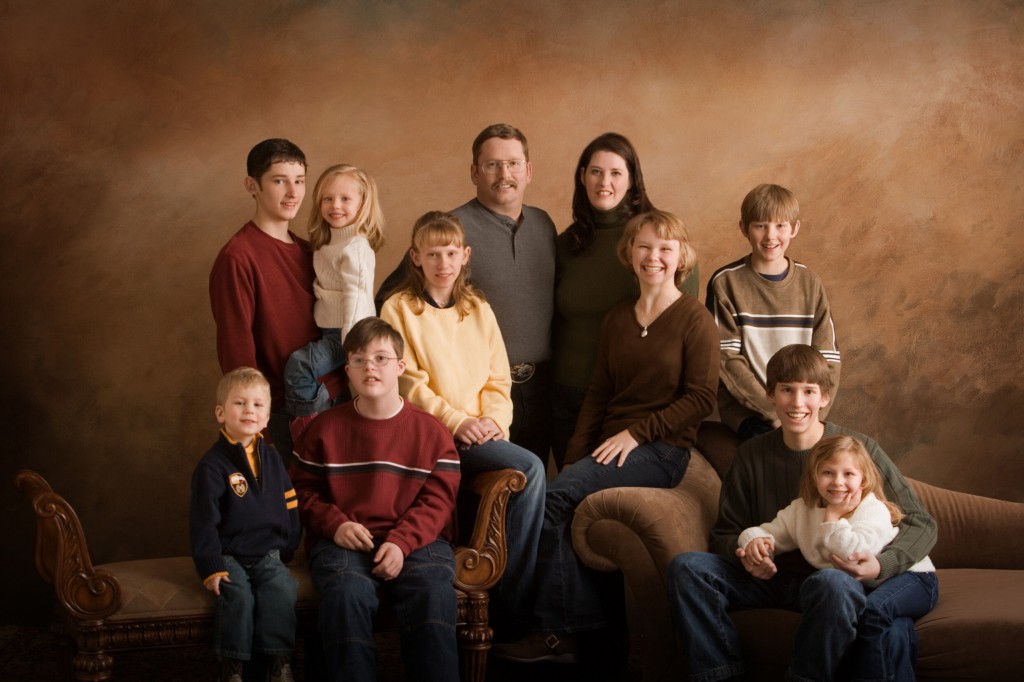A Rose By Any Other Name…
Sarah or Yeakaterina? (Make sure you roll the “r” when you say that.) I need to back up. Recently, a mom-blogger provided some feedback for my new book, To Sing Frogs. She said she would have loved to hear more about why Amy and I decided to change our children’s names when we adopted them. “Often times,” she said, “the only thing children in orphanages have left is the names they were given. Taking that away from them is a big decision. I would love to know how they came to theirs.” The mom-blogger was correct. And I realized that many others would ask me the same question.
Let me start by saying that I am not trying to justify our decision. I have been known to say that adoption is an increase of opportunities to make mistakes from those available with biological family building. On the other hand, I’m not saying we were wrong. There is evidence to support either argument. I can’t tell you how it feels to have my name changed when brought to another culture. It has never happened to me. I can tell you that after receiving the query from the blogger-mom, I talked to each of my adopted children from Russia about their name changes. (My eighteen-year-old with Down syndrome could have been asked the question many times and would have provided contradictory answers, so I’ll leave him out of this particular story.) The children I questioned range in ages from almost twenty-two, down to nine. Four of the five said they preferred getting a new name. The youngest, my nine-year-old son, said; “I wish I still had my Russian name, but it’s okay.”
It is interesting that the one who wishes his name hadn’t been changed is the only one who doesn’t have any memories of where he came from. He has also not reached the point where he is ready to hear about his past. (His psychologist told us that when he was ready, he would ask questions and that then we should answer those questions honestly, and wait until he was ready for more.)
Our children who prefer their new names don’t wonder if they were kidnapped and sold on the black market. They don’t think that a loving birth-mother and birth-father gave them away to wealthy Americans so they could have a life of riches. They don’t wonder if a birth-mother was pressured into giving them away, against her will, because of what society or religion might have thought. My four daughters know where they came from and it was a life of horrific abuse. It took an incredible amount of work on our part to get them to even tolerate our speaking well of Russia. To them, Russia was nothing more than an abusive home, and then an orphanage. Amérika was Utopia. They wanted to forget where they had come from, and with the exception of a few friends, everything about that place. It took years for them to realize that there were good things about their native country. Perhaps that is why a name change was to their preference. I don’t know. I can tell you, though; those circumstances were not part of our decision to change their names.
Amy and I had three sons biologically before we began adopting. That culminated in adding one more child by domestic adoption, and five more from Russia. Amy and I put a lot of thought into the names of our first three sons. Their names had meaning to us and some had family ties. When we adopted our other children, we wanted them to feel like they were just like other members of our family. We wanted them to feel like they were just like other members of our community. I’ll now admit; that was naïve thinking. Of course there are times when they feel different. Maybe the name changes reduced that. Maybe they didn’t.
Each of our five children from Russia bear the names of ancestors of either Amy or me, who left their native lands and migrated to the United States. We have used the stories of those ancestors to show our children that they are not the only ones in our family who left native lands behind. We teach them that emigration is never easy, but that with hard work, it can be worth it. Our children know that our reasons for changing their names were based on love, and wanting the best for them. Perhaps that is why Denney (maiden name of my mother, and surname to Charles Denney, the first from that family to leave England) cuts me some slack.
I’m sure that my “on the job training” of being a dad will cause my children some difficulties. It has been like learning to drive during the Indianapolis 500. I have made plenty of mistakes and one thing is sure; I’ll make plenty more. But I hope my children, whether added to our family biologically or through adoption, always understand that I tried to do my best with the knowledge I had available to me. And I hope most of all, they always remember that I love them unconditionally, regardless of whether we agree or disagree on any of my actions as a parent.


I di not even realize your childern were adopted when I read all I can see is love keep writing I keep reading I am a mother of four and grandmoter of 4 and I have two little granson that i love as a much of my four nartul
My love and best wishes to you all!! I’m Irish and when I married, It was a major cultural shock for sure !! Good luck with your youngest. My love goes out to you for what you have done !!